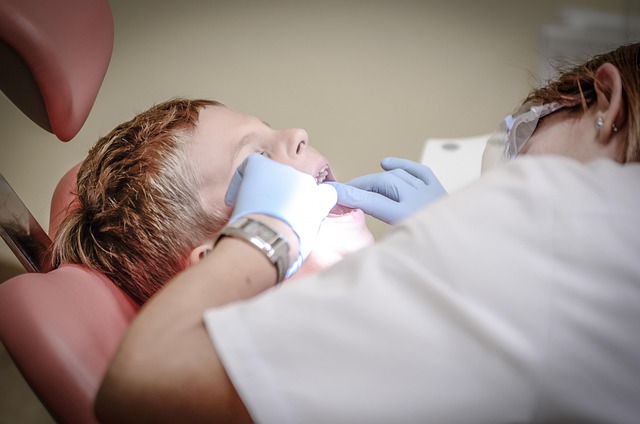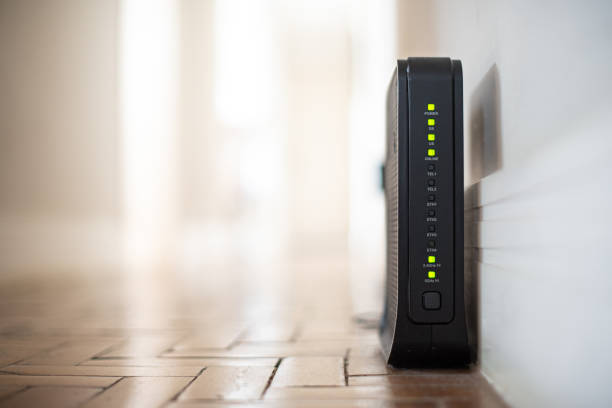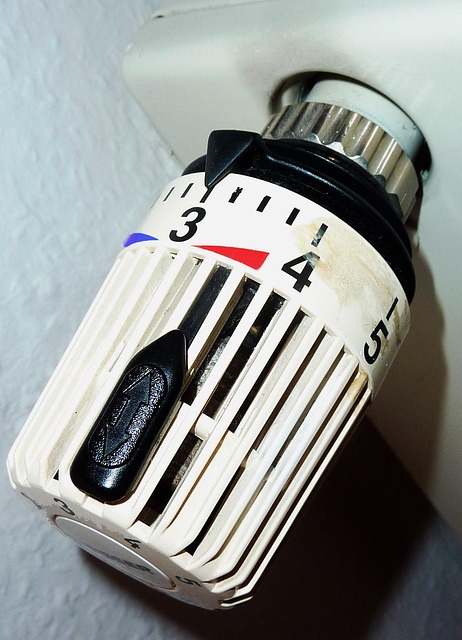Dental Implant Prices for Seniors in 2025: Cost, Technology, and Safety Options
As dental technology continues to advance, seniors have more options than ever for restoring their smiles through dental implants. Understanding the costs, modern techniques, and safety considerations can help older adults make informed decisions about this life-changing procedure. This comprehensive guide explores what seniors need to know about dental implant options in 2025, from pricing structures to the latest technological innovations designed specifically for aging patients.

Dental implants have become an increasingly popular solution for seniors experiencing tooth loss, offering a permanent alternative to traditional dentures. In 2025, the landscape of dental implant services has evolved significantly, with improved materials, techniques, and affordability making this option accessible to more older adults. Whether you are considering your first implant or exploring replacement options, understanding the current market can help you navigate your choices with confidence.
Dental Implant Cost in Vietnam 2025 for Seniors
The cost of dental implants varies depending on several factors, including the type of implant, the complexity of the procedure, and the clinic you choose. Generally, prices range from approximately $600 to $1,600 per implant in Vietnam, which is considerably more affordable than rates in Western countries. Seniors should consider that additional procedures such as bone grafting or sinus lifts may increase the overall investment. Many clinics offer payment plans or package deals for multiple implants, making treatment more manageable for those on fixed incomes. Location also plays a role, with major cities typically offering more competitive pricing due to higher clinic density and greater competition among providers.
Looking for Dental Implants in Vietnam? Explore Options for Seniors
When searching for dental implant services in your area, seniors should prioritize clinics with experience treating older patients. Many dental practices now specialize in geriatric dentistry, understanding the unique challenges that come with aging, such as bone density loss, existing health conditions, and medication interactions. Researching local services involves checking credentials, reading patient reviews, and scheduling consultations with multiple providers. During initial visits, ask about the dentist’s experience with senior patients, success rates, and what accommodations they offer for comfort and accessibility. Some clinics provide sedation options specifically designed for anxious or medically complex patients, which can be particularly beneficial for seniors.
Explore Dental Implant Options Suitable for Older Adults
Several implant types are particularly well-suited for seniors. Traditional endosteal implants, which are placed directly into the jawbone, remain the gold standard for patients with adequate bone density. For those with bone loss, mini dental implants offer a less invasive alternative, requiring smaller incisions and shorter healing times. All-on-4 or All-on-6 systems provide full-arch restoration using just four to six strategically placed implants, ideal for seniors who have lost most or all of their teeth. Zygomatic implants, which anchor into the cheekbone rather than the jaw, offer solutions for patients with severe upper jaw bone loss who cannot undergo traditional grafting. Each option has specific advantages depending on individual health status, bone quality, and budget considerations.
Modern Dental Implant Technology for Seniors
Technological advancements have made dental implants safer and more effective for older adults. Computer-guided implant surgery uses 3D imaging and digital planning to ensure precise placement, reducing surgery time and improving outcomes. Biocompatible materials like titanium and zirconia promote better integration with bone tissue and reduce rejection risks. Immediate load implants allow temporary crowns to be placed on the same day as surgery, minimizing the time seniors spend without functional teeth. Laser-assisted procedures reduce bleeding and accelerate healing, particularly beneficial for patients with compromised immune systems or diabetes. Cone beam CT scanning provides detailed views of bone structure, nerves, and sinuses, allowing dentists to plan procedures with unprecedented accuracy and safety.
Comparing Cost and Quality of Dental Implant Services for Seniors in 2025
When evaluating dental implant providers, seniors should balance cost considerations with quality indicators. Reputation, experience, and technology access all influence both pricing and outcomes. The following comparison provides insight into typical service offerings across different clinic types:
| Clinic Type | Average Cost Per Implant | Technology Level | Senior-Specific Services |
|---|---|---|---|
| International Dental Centers | $1,400-$1,600 | Advanced (3D imaging, guided surgery) | Multilingual staff, sedation options |
| Private Specialty Clinics | $1,000-$1,400 | Modern (digital planning, quality materials) | Geriatric consultation, flexible scheduling |
| University Dental Hospitals | $800-$1,100 | Standard to Modern | Supervised care, research-based protocols |
| General Dental Practices | $600-$1,000 | Basic to Standard | Personalized care, community reputation |
Prices, rates, or cost estimates mentioned in this article are based on the latest available information but may change over time. Independent research is advised before making financial decisions.
Safety Considerations and Health Factors for Senior Patients
Seniors considering dental implants should discuss their complete medical history with their dentist, as certain conditions affect candidacy and healing. Osteoporosis, diabetes, heart disease, and autoimmune disorders require special consideration and may necessitate modified treatment approaches. Medications like blood thinners, bisphosphonates, and immunosuppressants can impact surgery and recovery. Smoking significantly reduces implant success rates and should ideally be discontinued before treatment. Adequate bone density is essential for implant stability, though bone grafting can address deficiencies. Most healthy seniors are excellent candidates for dental implants, with success rates exceeding 95 percent when proper protocols are followed. Pre-surgical health assessments, including blood work and bone density scans, help ensure safe outcomes.
Long-Term Benefits and Maintenance for Seniors
Dental implants offer numerous advantages for seniors beyond aesthetic improvement. They prevent bone loss that naturally occurs after tooth extraction, maintaining facial structure and preventing the sunken appearance associated with dentures. Implants restore full chewing function, allowing seniors to enjoy a varied, nutritious diet essential for overall health. Unlike bridges, implants do not require alteration of adjacent healthy teeth. With proper care, including regular brushing, flossing, and professional cleanings, dental implants can last decades or even a lifetime. This longevity makes them cost-effective over time compared to dentures that require periodic replacement. The stability and comfort of implants also improve quality of life, boosting confidence and social engagement among older adults.
This article is for informational purposes only and should not be considered medical advice. Please consult a qualified healthcare professional for personalized guidance and treatment.




